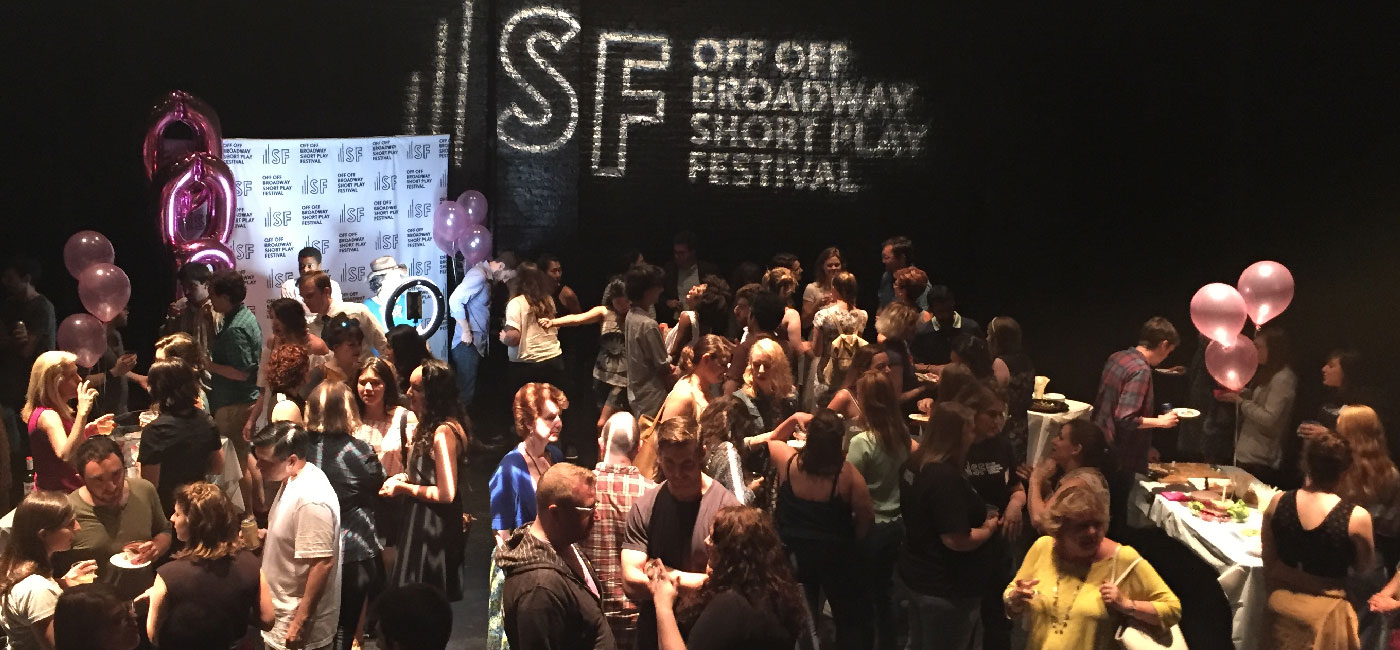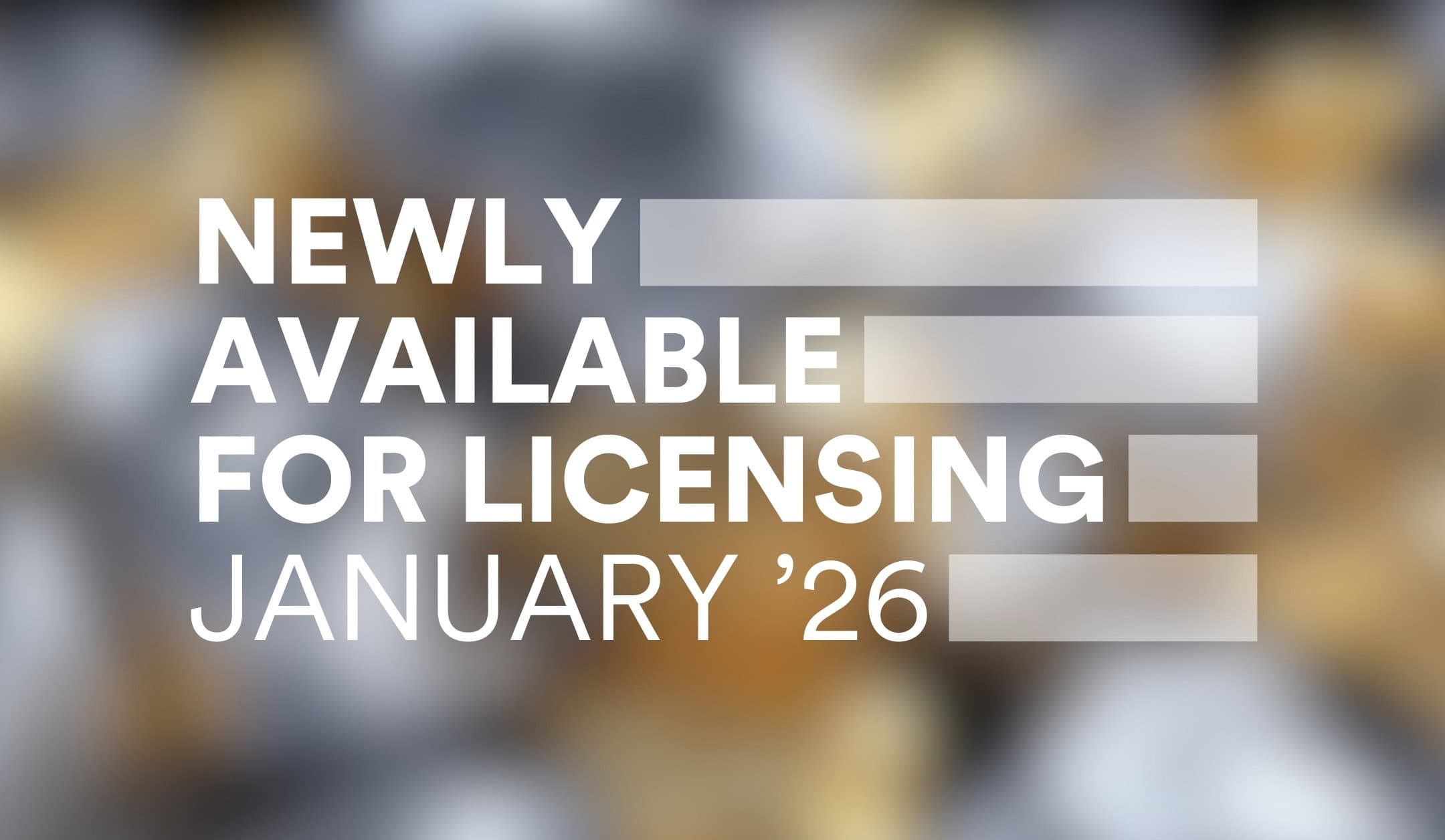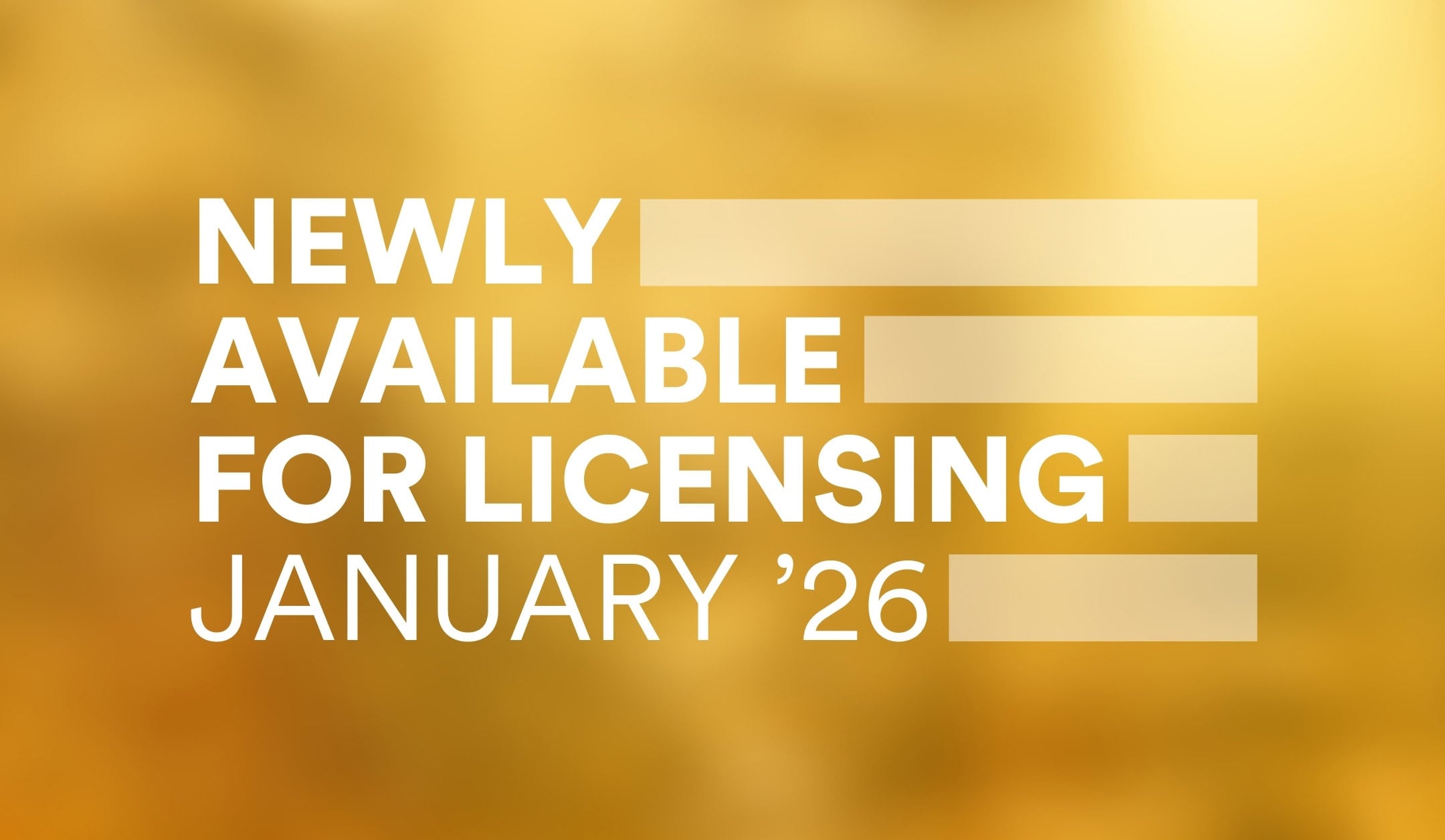
1,300 submissions, 30 finalists, 6 winners. I like to think of it as America’s Next top Model, but for theatre. The 30 finalists take part in a whirlwind week so that at the end, a select group can call themselves licensed and published Samuel French authors. The annual Off Off Broadway Short Play Festival, commonly referred to as the OOB Festival, is a culmination of yearly preparations that range from space rentals, reading submissions, event planning, production coordination and so much more. It is a week held dear to the hearts of many Samuel French employees as we bring 30 new plays to life. As submissions for the 43rd annual OOB festival prepare to open on November 18th, I found myself sitting down with Festival Literary Manager Garrett Anderson to hear all things short play.
Coryn Carson: Let’s jump right in! Why don’t you tell us your name and role with the OOB Festival?
Garrett Anderson: Sure, I’m Garrett Anderson and I am the OOB’s Literary Manager.
Coryn: And what do you do as a Literary Manager?
Garrett: A Literary Manager is someone who manages all the scripts that we receive in our submissions. So, anything that gets submitted by our playwrights, I then process it in our database and I also send it along to our readers in packs of 20.
Coryn: How long have you been working with the Festival?
Garrett: I’ve been working with the OOB team for….two years now. Yeah, this will be my second year! Well, I mean second full year working on it. This is my third year where I’ve been around and seen the plays.
Coryn: Time definitely flies by with the OOB seasons! Do you have a favorite memory from the Festival so far?
Garrett: Oh man, that’s a hard one. Well, last year we switched it up and threw a party at the end of the week for all the playwrights as opposed to having a party at a bar. It was a really nice opportunity to get to talk with everyone, even if they didn’t make it into the final group. It was nice to celebrate all the playwrights that were a part of the Festival and really show that goodwill.
Coryn: Yeah, that was great to see everyone back together for one evening. It felt like such a celebration with the cake, the balloons, and the photo-booth! I think I took enough photos in there for everyone! Let’s move on to the plays themselves. Why do you love short plays?
Garrett: It’s like you have a different set of rules when you are writing short plays as opposed to long plays or full-length plays. I read so many full-length plays on a daily basis being the Literary Associate for Samuel French, but short plays kind of just take the rules, and flips it on its head. You can do a lot more with a lot less, I think. Sometimes you can be a little bit more absurd and a little bit more crazy. And I also feel that when you get it right with a short play, there’s no hemming and hawing over little things. If it is a really good short play, it’s just a really good short play.
Coryn: So what are those qualities of a short play that help it to stand out and get selected in the OOB process?
Garrett: You can always help yourself by just having proper formatting. Follow the rules of the Festival, like having the certain number of pages and making sure that everything looks concise. That’s a good way to start off. Earlier, I said that short plays have different rules, but I don’t mean that you can get rid of all the playwriting rules that you have. I feel like basic storytelling is something that you should take into consideration. And being as original as possible. When a play really sticks out as something that we haven’t read before, at least in style or voice or general content, that’s when we get really interested. We get a lot of plays that do the same thing over and over again, and it can kind of weigh your piece down. Not to say you shouldn’t submit a play that is very similar to something else, but originality goes a long way.
Coryn: That makes sense. And as a reader I know that if you feel like you’ve read the same play a few times, when you hit a really original piece, it is truly a special moment. Can you tell us what makes things difficult when reading or judging a short play to move it on to the Festival?
Garrett: Well, we have a common occurance when we are going through scripts of whether it is a skit or a play. A lot of times we will have people who submit plays that would work really really well on SNL, but the narrative structure of the play is lapsed. It’s hard because they are very entertaining and very funny, but a lot of times they don’t necessarily have an arc the way a play should.
Coryn: Oh wow, I don’t think I really knew that. I must not have had any of those in my packet!
Garrett: Yeah, it is something that comes up a lot.
Coryn: Well, I know for me I love to see a play that I had read end up in the Festival. Is there a memory you have from reading the plays that you will never forget?
Garrett: When I was reading Korde Arrington Tuttle’s play clarity, it was my first time ever reading for the OOB Festival, and it was just so shocking. It was a one person show, so it was very different from the pieces we were getting that year. I had such a visceral response to it, and it was just this beautiful, beautiful play. And then other readers had that exact same reaction. They were coming in and saying that “This play is one that just blew my mind.” Everyone talking about it and having that shared experience was a really nice thing both during the Festival and reading process. Having people react similarly to you is enriching, and you feel validated.
Coryn: Oh yeah, totally. I remember that one, too. And to see it staged was a whole other journey! I think that is one of the great things about the Festival. That we read all these plays and then watch them be brought to life. Can you give any advice to playwrights who get selected for the Festival?
Garrett: I think obviously: have fun. If you have already been selected, you’ve made a great accomplishment. You’ve been selected out of more than a thousand plays, and that’s huge. Make it as simple on yourself as you possibly can. If you have written a play and it’s gotten selected, that means there is already merit in your play. You don’t need to tweak and change. I mean, do whatever you need to do in the rehearsal process, but don’t overthink it. Trust yourself and know that you’ve already done the hard part. I would also say, try and get to know as many of the people on the OOB staff as well as your fellow playwrights. They’ve done something just as amazing as you have, and you are potentially spending a week with these people. Try to make some new friends and connections.
Coryn: Yes, that is a good one. That bonding has seemed to increase over the past few year’s, and especially in this last Festival.
The playwrights really embraced the opportunity to get to know each other and the Samuel French team on a very personal level.
Garrett: Yeah, and I think that comes from the fact that over the past few years we have down-played the competition aspect of it, and instead celebrate the hard work of the top 30 plays that make it. We’re letting them know we are interested and invested in their work now, and then really creating more time to build on those new relationships over the week. It is a competition and some people are going to end up published, but we also get drinks every night, we have a party, and we try and talk with you as much as possible. That’s the stuff I look forward too.
Coryn: Oh, me too. Those are the parts of the Festival you remember. Well, let’s just wrap it up on a fun note and tell me, if you could use one word to describe the OOB Festival, what would it be and why?
Garrett: Ohhhhhh, geez!
Coryn: I know, I know this is a hard one. But what’s the first thing that comes to your mind?
Garrett: I would say… dynamic! Because there are so many different things that you experience, both with the plays that you are reading and the plays that will eventually be staged. They are just so multi-faceted, and at the same time you are dealing with a group of audience members, and you’re dealing with problems of the Festival that are not a part of our daily work or problems at Sam French, so it is all so different and varied and fun. So much fun.

Newly Available for Licensing – January 2026 (UK)

Newly Available for Licensing – January 2026 (US)

